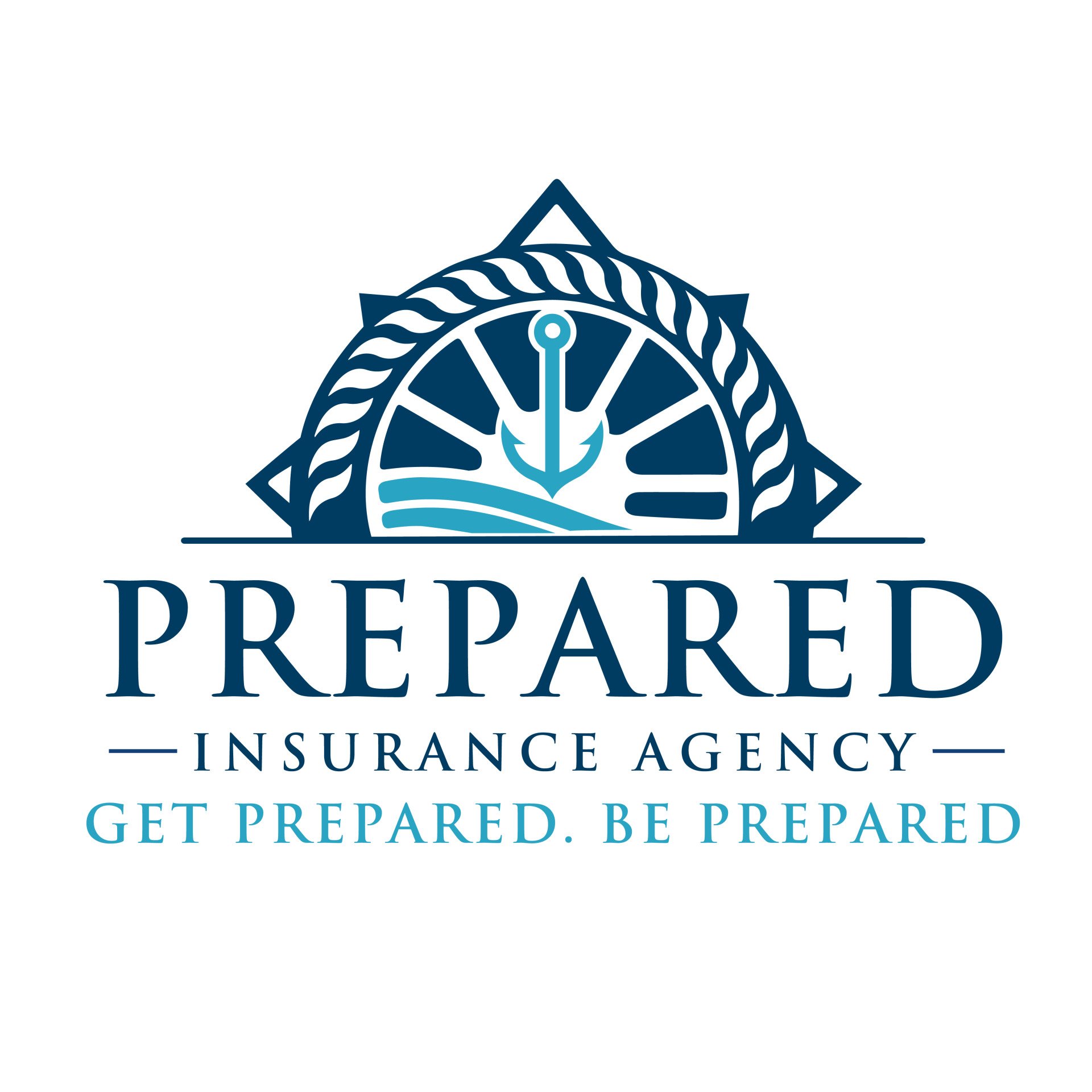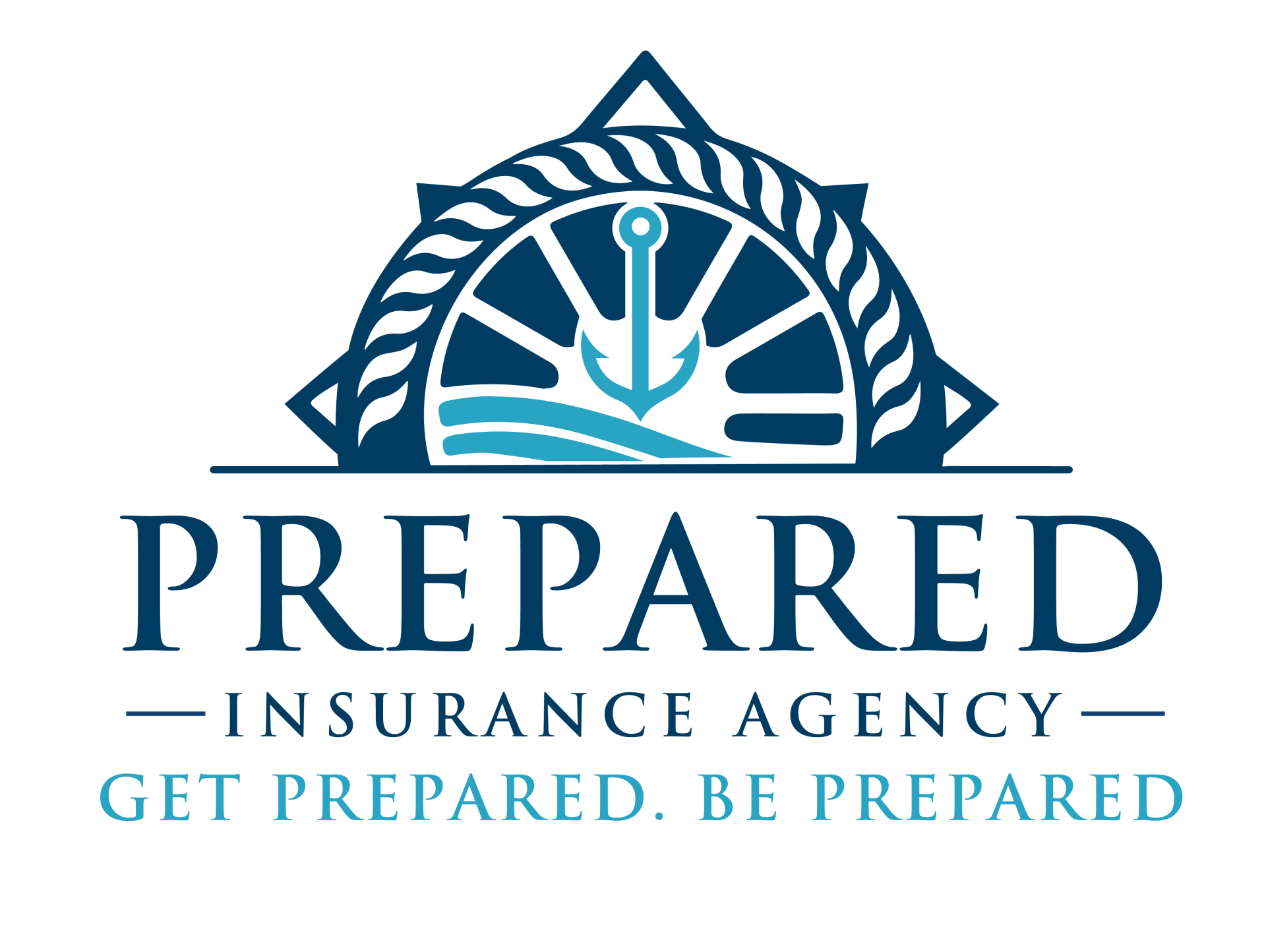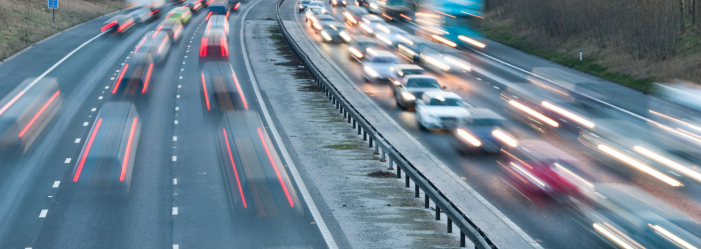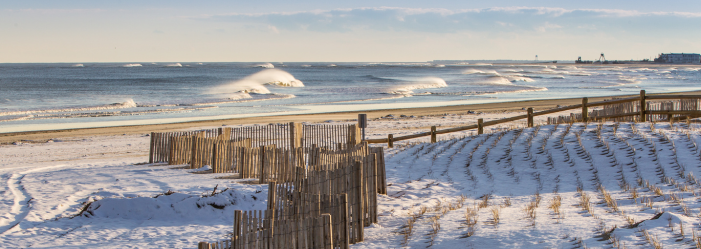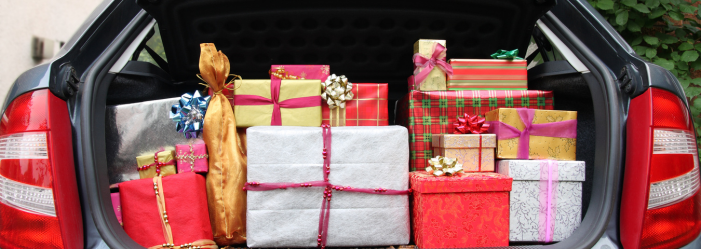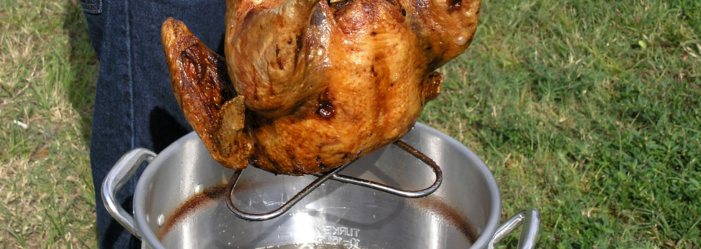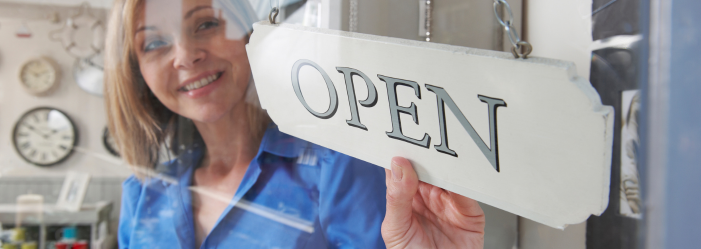CALL US TODAY · 910-498-8467 or EMAIL - info@preparedinsurance.net
Preparing your Home and Car During Hurricane Season
Your simple guide to get prepared for a hurricane.
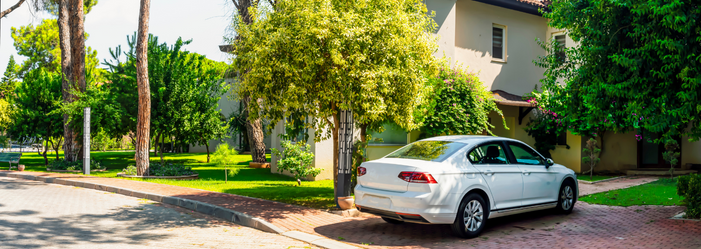
At Prepared, we're all about keeping you safe and informed when it comes to natural disasters. Hurricanes and tropical storms are becoming more common and intense, so understanding how to protect your home and car is crucial. With our help, you can reduce risks, be prepared, and minimize the chances of dealing with insurance claims later on.
Hurricane season runs from June 1 through November 30. Recent climate studies show that hurricanes are getting stronger and happening more often. Repairing homes after a storm can cost anywhere from $350 to $50,000. Since hurricanes can cause significant damage, it's wise to be ready for the higher end of that estimate.
Here's a simple guide for you to get prepared for a tropical storm or hurricane.
Hurricane Frequently Asked Questions
- How will I know if a hurricane is coming?
Local officials and weather experts will give you a heads-up 36–48 hours in advance. - What can a hurricane do to my home?
A light hurricane might be like heavy rain or strong winds, but a big one could even damage your home's foundation, making it unsafe to live in. - What can I do to protect my home from hurricane damage?
You can protect your home by sealing gaps, adding storm shutters, and other precautions that make it stronger against the wind and rain. - Does my home insurance cover hurricane damage?
Your regular insurance might cover wind and rain damage, but flood damage usually needs a separate flood insurance policy. - Does my
car insurance cover storm damage?
If you have comprehensive auto insurance, it should cover storm-related damage, but basic collision insurance won't.
Before the Storm
Know the difference between a hurricane watch and a warning. A Hurricane Watch means conditions are possible, while a Hurricane Warning means they're expected. Watches come 48 hours ahead, warnings 36 hours ahead.
🎒Stock Up:
Have enough food, water, medicine, and supplies for emergencies. Don't forget your pets' needs.
📄Protect Your Valuables:
Important papers and things can get damaged, so put them in waterproof bags and containers. A waterproof safe is best. This helps you recover faster after a storm.
🚗Get Your Car Ready:
If you can, park your car in a garage. Also, maintain your car and keep an emergency kit inside with jumper cables, blankets, and more.
🏠Shield Your Home:
Remove stuff that could fly around, put up storm shutters, and secure your garage door. Make sure your fuel tanks are secure and unplug appliances. If you have time, add surge protection to your electrical system.
🛋️Secure Inside:
Raise furniture off the floor in case of flooding, board up doors, and move things that could fall or cause harm.
📍Plan for Leaving:
Stay updated on alerts and know your evacuation routes. Unplug devices and turn off power, gas, and water before you leave.
After the Storm
🚰If You're Home:
Check your carbon monoxide detector, avoid wet electrical devices, and use flashlights instead of candles. Be cautious with tap water.
🚧After Evacuation:
Stay informed before going back home. Watch out for hazards like downed power lines and avoid driving in deep water.
📞 If Your Home Is Damaged :
Talk to your insurance if your home is too damaged to live in. Check out resources like FEMA. You might be able to delay mortgage payments. Call your mortgage provider for help.
Filing Insurance Claims
Whether you stayed home, evacuated, or need a new place, keep a record of your efforts including the time and money spent, and take photos of all the damage to your home along with any damaged furniture or items. 📸
Remember, your regular insurance might cover wind and rain, but you need additional insurance for flooding. Work with your agent to find reputable contractors and avoid scams. 🌊
We're here to help whenever you need us. If you have questions,
call your Prepared agent for personalized guidance! 🤝
ABOUT PREPARED INSURANCE
Our mission is to ensure you have the best coverage tailored to your needs.
LOCATION
219 Racine Dr Ste. A4,
Wilmington, NC 28403
CONTACT US
© 2024 All Rights Reserved | Peer 2 Peer Solutions
